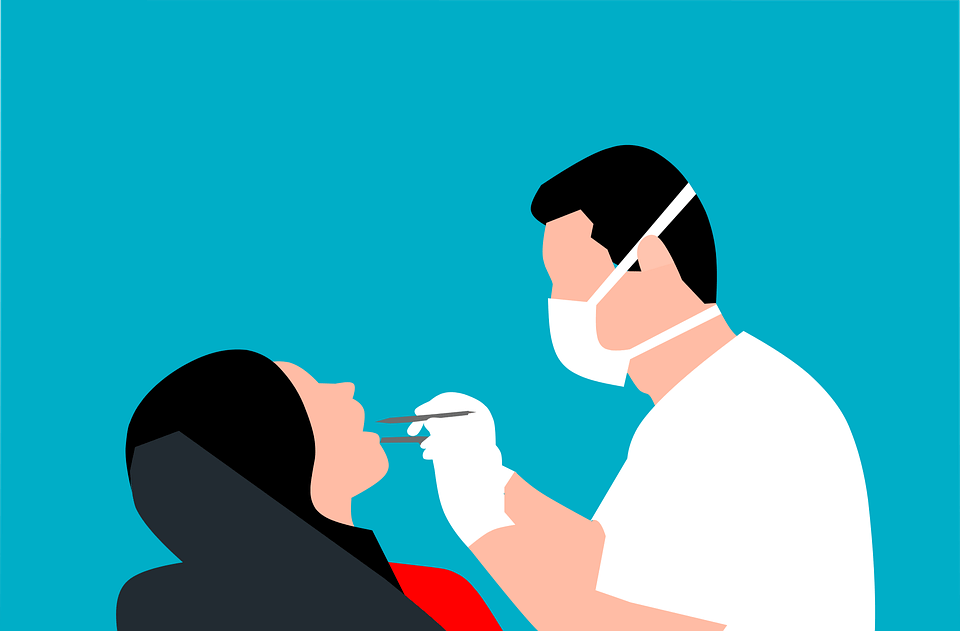There’s a reason why a good rule of thumb is to see a dentist twice a year. Maintaining good oral hygiene with regular dental check-ups and cleanings to prevent dental problems, such as cavities, gum disease, and even oral cancer, before they become serious issues is ultimately a part of overall good health. Not just physical health either, mental health can be negatively impacted by poor dental hygiene. For example, many people with dental problems such as bad breath, missing or discolored teeth feel self-conscious about their appearance enough to avoid social situations, which can lead to social isolation and even depression.
So, as aftercare is a crucial part of furthering dental hygiene, here are 3 tips to follow after a dental procedure, whether it’s dental implants in Alexandria or tooth removal.
Avoid Hard or Chewy Food
If you love to munch on nuts, chips, carrots, etc, it’s a good idea to lay off after a dental procedure as
they often mean discomfort or damage to the surgical site, dislodging sutures, or otherwise delaying the healing process. Similarly, chewy food like taffy often sticks to the surgical site, causing irritation or even infection.
Opt for soft foods – yogurt, soup, mashed potatoes – that are easy to chew and swallow. It’s also a good idea to chew on the opposite side of your mouth from the surgical site to minimize discomfort, infection, or other disruption.
Avoid Smoking and Alcohol
Smoking and alcohol aren’t good for you on a regular day, so that goes double for the days when you’ve had a dental procedure. Why?
Smoking not only delays healing and increases the risk of infection after a dental procedure – with the chemicals in cigarettes decreasing blood flow to the surgical site, it can also cause dry socket, a painful condition that occurs when a blood clot in the socket where a tooth was removed becomes dislodged.
Similarly, drinking alcohol interferes with the healing process and increases the risk of bleeding and infection after a dental procedure. For example, dry mouth reduces the flow of saliva, increasing the risk of dental decay and gum disease.
Use Painkillers Only as Prescribed
Painkillers are typically an important part of dental aftercare. It’s one of the easiest ways to alleviate discomfort and promote proper healing. Unfortunately, like the majority of medication, painkillers have side effects, so that while taking more than the recommended dose may feel good in the moment, it won’t if side effects are triggered.
If you continue to experience pain or discomfort after taking painkillers as prescribed, it’s a good idea to contact your dentist for further guidance. They may need to adjust your medication or recommend other pain management techniques. For example, applying an ice pack to the affected area can alleviate pain.
Good oral health is essential for not just your physical health but also your mental health and undergoing dental procedures are one of the ways to maintain that. So try out these aftercare tips.

